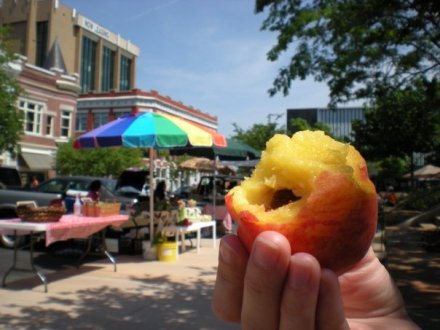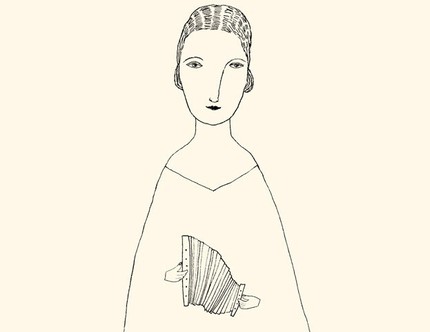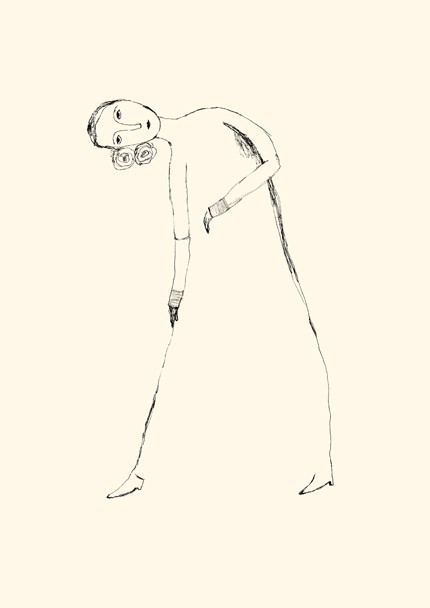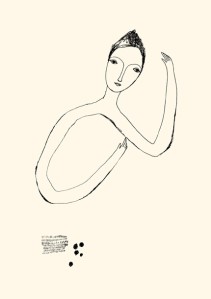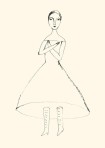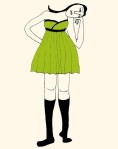More from Mary. She and I have become rather tight this Spring. We’ve established this: Her work = art. Remember what John Updike said about art? This:
“What art offers is space – a certain breathing room for the spirit.”
Not only does her poetry make me feel less alone, it gives my spirit room. Room for cream, for filling up on what is natural and simple and completely unmerited. A gift invariably and overwhelmingly reassuring. [What was that? Rolling out too much of the superlative in this post? Noted.]
Here’s the poem:
Trilliums
Every Spring
among
the ambiguities
of childhood
the hillsides grew white
with wild trilliums.
I believed in the world.
Oh, I wanted
to be easy
in the peopled kingdoms,
to take my place there,
but there was none
that I could find
shaped like me.
So I entered
through the tender buds,
I crossed the cold creek,
my backbone
and my thin white shoulders
unfolding and stretching.
From the time of snow-melt,
when the creek roared
and the mud slid
and the seeds cracked,
I listened to the earth-talk
the root-wrangle
the arguments of energy,
the dreams lying
just under the surface,
then rising,
becoming
at the last moment
flaming and luminous –
the patient parable
of every spring and hillside
year after difficult year.
-Mary Oliver
Mary isn’t all hillsides and flowers. As if to say . . . let’s not forget the darkness, the loneliness, pain, the snatching, the feeling of otherness in a world in which everyone’s the same. Nature – the patterns of animals and elements – is indifferent to the darkness. And yet this indifference is comforting, “the patient parable.” In as much as I am moved by sadness, I’m overwhelmed by nature, by creation. By the Bachelor’s Buttons and weeds on my breakfast table, the rain falling so straight down and hard it could drill holes in the earth. I’m seasoned in the darkness, not so accustomed to light, but Spring – in its same newness – surprised me more than usual this year. Even the dead peonies that’ve dried up all their water expand my insides. I can’t keep my face out of the wisteria.
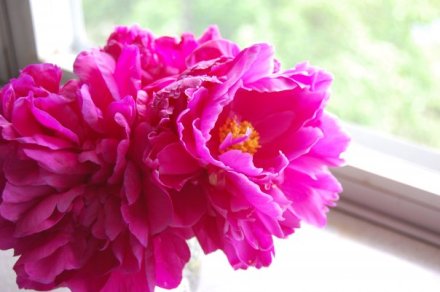
And then there’s the Artist of the poet, of spirit and room, the hillside, thin white shoulders, patience and trilliums, breath and cream, light and absence. From Psalm 62: He’s solid rock under my feet, breathing room for my soul, An impregnable castle.
Children came for supper tonight. They asked about the tall twigs in a vase on my floor, “Why are those sticks in that pot? Did that used to be a tree in your house that you let die? What’s that tree’s name?” Somehow their questions relate to all the rest of this in my head. I’m still figuring it out. You can draw your own conclusions.

